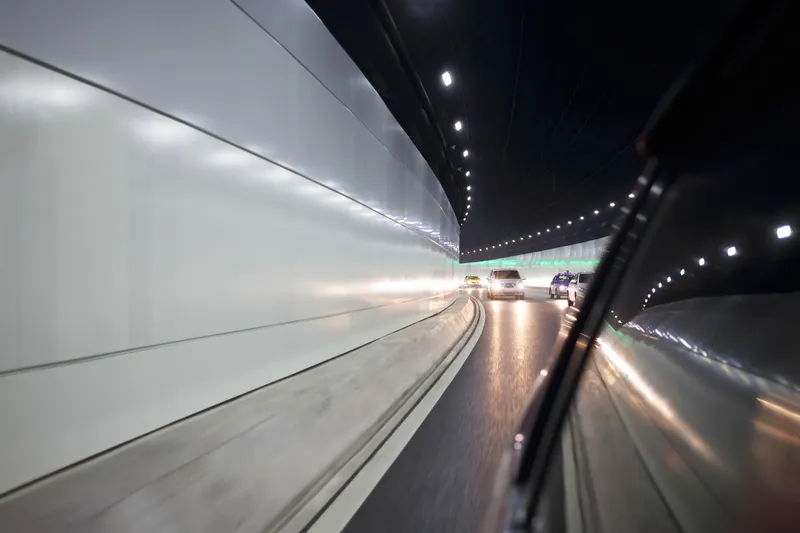Alstom has signed two contracts with Egypt’s National Authority for Tunnels (NAT) to supply the signalling system in a consortium with Thales and, in partnership with Colas Rail, Orascom and ARABCO, the infrastructure of the phase 4A of Cairo metro line 3, currently under construction. Alstom’s shares in these contracts are worth around US$96 million. Cairo’s metro currently carries three million passengers per day and this is expected to reach five million by 2020. Its network includes two fully operationa
March 10, 2015
Read time: 2 mins
RSSAlstom has signed two contracts with Egypt’s National Authority for Tunnels (NAT) to supply the signalling system in a consortium with Thales and, in partnership with Colas Rail, Orascom and ARABCO, the infrastructure of the phase 4A of Cairo metro line 3, currently under construction. Alstom’s shares in these contracts are worth around US$96 million.
Cairo’s metro currently carries three million passengers per day and this is expected to reach five million by 2020. Its network includes two fully operational lines and a third line, partially opened, whose construction is being carried out in different phases. Phase 4A of line 3, which covers 5.7 km and comprises five stations, will be completed in early 2018.
For phase 4A of Cairo metro line 3, Alstom will provide its Urbalis 200 signalling system as well as points machines and station signalling equipment. The company will also provide electromechanical equipment including power supply to feed the third rail, ventilation system and elevators/escalators. With this extension, the line will carry over 750,000 passengers per day in total safety.
“We are pleased that NAT has entrusted Alstom with these new contracts. This is a continuing partnership that was initiated more than 30 years ago. NAT can be reassured of Alstom’s engagement to further develop Cairo’s metro network”, said Gian-Luca Erbacci, senior vice-president of Alstom Transport for Middle East and Africa.
Cairo’s metro currently carries three million passengers per day and this is expected to reach five million by 2020. Its network includes two fully operational lines and a third line, partially opened, whose construction is being carried out in different phases. Phase 4A of line 3, which covers 5.7 km and comprises five stations, will be completed in early 2018.
For phase 4A of Cairo metro line 3, Alstom will provide its Urbalis 200 signalling system as well as points machines and station signalling equipment. The company will also provide electromechanical equipment including power supply to feed the third rail, ventilation system and elevators/escalators. With this extension, the line will carry over 750,000 passengers per day in total safety.
“We are pleased that NAT has entrusted Alstom with these new contracts. This is a continuing partnership that was initiated more than 30 years ago. NAT can be reassured of Alstom’s engagement to further develop Cairo’s metro network”, said Gian-Luca Erbacci, senior vice-president of Alstom Transport for Middle East and Africa.









